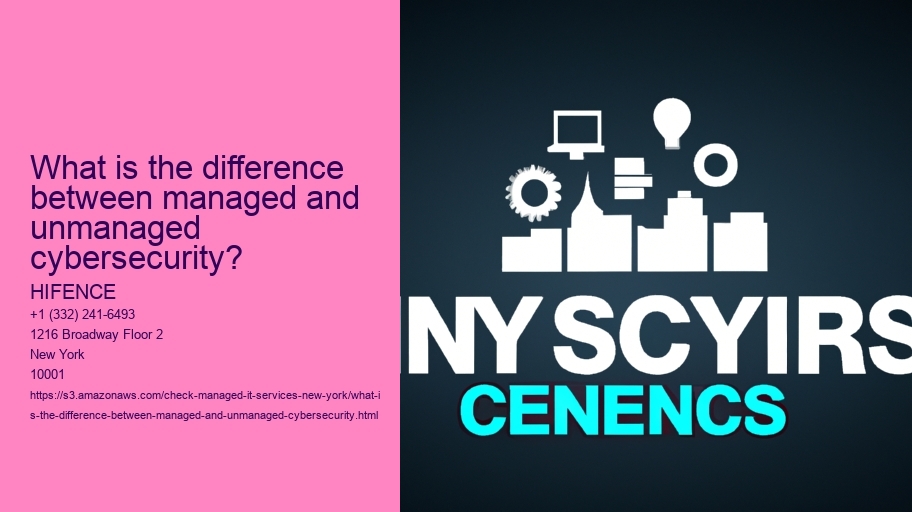What is the difference between managed IT services and traditional IT support?
ai
In today's fast-paced business world, having reliable IT support is essential for ensuring smooth operations and staying competitive. When it comes to managing your company's technology needs, you may have heard the terms "managed IT services" and "traditional IT support" thrown around. But what exactly is the difference between the two?
What is the difference between managed IT services and traditional IT support? - ai
- ai
- cloud platforms
- new heights
Managed IT services involve outsourcing the management of your company's technology infrastructure to a third-party provider.
What is the difference between managed IT services and traditional IT support? - cloud platforms
- accenture
- it infrastructure
- role model
- sapphire software solutions
- consultant
- business
- cybersecurity
- world
- knowledge
- service
These providers are responsible for proactively monitoring, maintaining, and securing your IT systems on an ongoing basis.
What is the difference between managed IT services and traditional IT support? - ecosystem
- software
- it consulting
- businesses
- solutions.kumaril patelnumber
- cloud computing
- insightful newsletters
- operations
- business news
- team
(This can be a huge time saver for businesses that don't have the resources or expertise to manage their own IT.) By partnering with a managed service provider, you can benefit from 24/7 support, regular system updates, and access to a team of experts with specialized knowledge in various areas of technology.
On the other hand, traditional IT support typically involves hiring an in-house IT team or relying on ad-hoc services when issues arise. While this approach may work for some businesses, it often leads to reactive rather than proactive solutions. With traditional IT support, you may find yourself constantly putting out fires instead of preventing them in the first place.
One major advantage of managed IT services is cost-effectiveness. By outsourcing your IT needs to a third-party provider, you can avoid the high overhead costs associated with maintaining an in-house team. Additionally, managed service providers often offer fixed-rate pricing plans that allow you to budget more effectively for your technology expenses.
Another key difference between managed IT services and traditional IT support is scalability. cloud platforms Managed service providers can easily scale their services up or down based on your company's evolving needs. This flexibility allows you to adapt quickly to changes in your business without having to worry about hiring or training new staff.
In conclusion, while both managed IT services and traditional IT support have their benefits, opting for a managed service provider can provide your business with greater efficiency, cost savings, and scalability in the long run! So if you're looking to streamline your technology operations and focus on growing your business, consider making the switch to managed IT services today.
What is the difference between managed IT services and traditional IT support?
